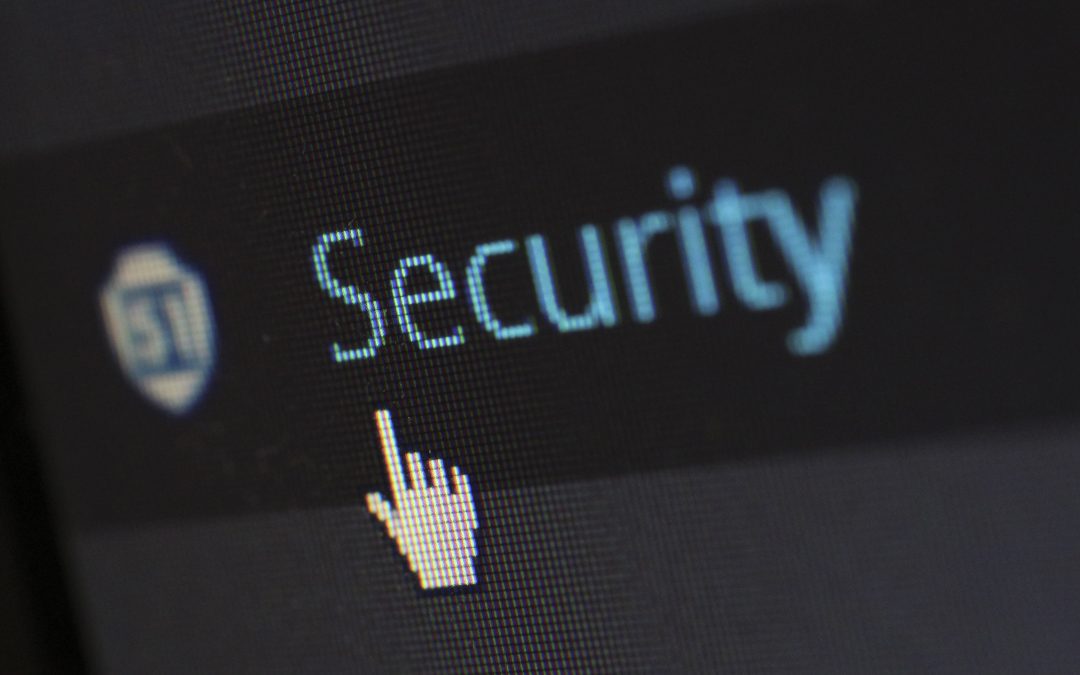Here are five cybersecurity tips you must know to protect your computer from viruses, malware, and spyware. As we spend more of our time online, we can say that the internet has become a necessary part of our lives. We use it to communicate through social media accounts, emails, text messaging. We can even go shopping, play games, study and keep up with the news using the internet.
Cybercriminals are just around us, looking for some negligent and vulnerable prey. Reports have shown that the police do not have enough resources to catch cybercriminals. Aside from that, investigations are complex. And with these, criminals feel empowered to continue with their practices. Cybercriminals want your personal information and sell it in an auction to the highest bidder. Do you have an embarrassing photo that you do not want the world to see? They will take it and threaten to post them online if you do not pay the ransom. If you have a large network of friends and followers, they will take advantage of them. They will do everything to get your personal and financial information. The threat of cyber-attack goes beyond the web and the responsibility is on us. And all we need to do is to be vigilant and strengthen our defenses. Some of this advice may seem obvious. And yet it is amazing how many people fail to act on this type of advice. For computer repair in Malaysia, just bring your laptop, personal computer (PC) and devices to MyComputer Repair and we will fix them for you.
So if you want to protect yourself from the dangers by cybercriminals, here are five cybersecurity tips you must know:
Do Not Click “Remind Me Later”
Let us all be honest. How many times did we click “remind me later” when our computer notified us that it is time for an upgrade? Some may think that it is just going to eat up some of their remaining space in their devices. Or it takes too much time to download and install the update. But in reality, keeping your apps and devices up to date is important. These updates usually include security patches to fix attacks on your devices by hackers. So, always make sure to keep your apps and devices up to date to protect your data and keep the hackers out.
Optimize Your Password
In the password difficulty chart, where does your password fall in? How long do you think a hacker can attack your password before they can figure it out? Using different passwords everywhere is hard. But using the same passwords is one of the easiest ways for hackers to break into your personal information. If you have the same password in your social media as your banking information, it can get you into serious trouble. You may be trying to keep your passwords easy and simple to remember however it is dangerous. Your passwords are your digital life. Try using auto-generated, touch ID or face ID, or a secure password manager. Never ever share your password with anyone even if they are a family member or a friend. If you are using a shared device, always log out after using it.
Also, you can use the two-factor authentication or two-step verification that most apps offer now. It is additional security that some people do not know. You can enable authentication and verification by going to the settings. Every time you log in, it will register your device, and you will get a text message as a second form of verification. Enabling this additional security feature is important. If a hacker gets your password, they will still have to access your phone to get to your account.
Secure Personal Information
It is easy to say that we can avoid our personal information from getting hacked. All we have to do is avoid putting anything out there. But that is not possible in today’s era. However, some actions that you take on the internet can put you in some serious trouble. Posting photos of your travel and expenses can make you prey on hackers. The same goes with accepting friends and follower’s requests to have more likes.
Hackers can look at these and get an idea about what you are doing. They will know your spending habits or where you usually go. They may even know when your next travel or business meeting is. One of the things a hacker usually does is to create a sense of urgency. For instance, a hacker can know if you have a package getting delivered to your house. They can act as a customer service agent asking for your personal information. If you share too much online, you are making it easy for a hacker to get information and steal it from you. As much as possible, filter what you post. Avoid any online polls or quizzes that ask for your personal information. And never befriend people you do not know in real life.
Also, if someone online makes you feel uneasy or threatens you, do not respond. Immediately stop your communication with that person. And report their negative messages and threats to someone who can help.
Be Wary of Links and Attachments
Hackers can be creative and clever. They can create ways to trick people into clicking links and downloading software that looks like genuine ones. However, these only exist to steal your information and hold it for ransom. You need to be extra careful when downloading apps. Do not visit suspicious sites and refrain from clicking unexpected pop-ups. Malware, spyware, ransomware, phishing, and spear-phishing have affected millions of people. It sets them back a lot to unlock their information and get back their files. So, think before you click. Do not click on email attachments and links from people you do not know. When in doubt with the links and attachments, ignore them and throw them out.
What’s Your Wi-Fi Password?
So you are in a coffee shop having your daily dose of caffeine. Suddenly, you want to post a story of this luxurious time. So. you ask the staff about the Wi-Fi password. Public wi-fi may seem helpful in times like this. But little did you know that hackers and data thieves can be out there and see what you are doing. Put in mind that public wi-fi is never safe. The only way to use free public wi-fi is with a VPN or Virtual Private Network. This encrypts everything your device transmits. Then it protects you from spying, snooping, and local keylogging.
Conclusion
Bear in mind all the five cybersecurity tips above to protect you from different dangers on the internet. And if you encounter problems that require the experts’ help, MyComputer Repair Malaysia is here to help you. We provide repairs for faulty computers, Mac, phones, and iPads. Visit us at https://www.mycomputerrepair.com.my.


Recent Comments